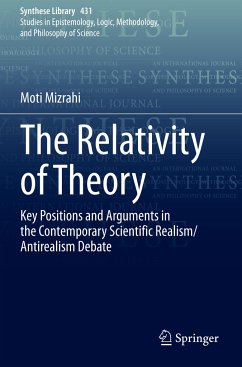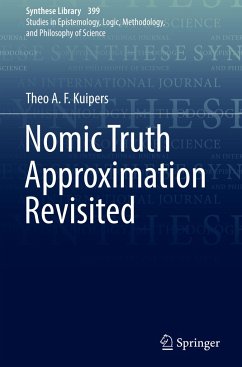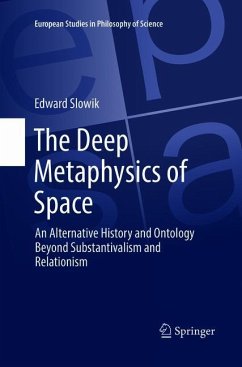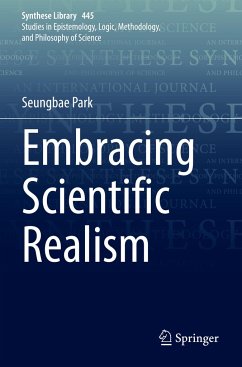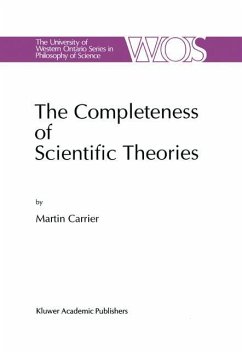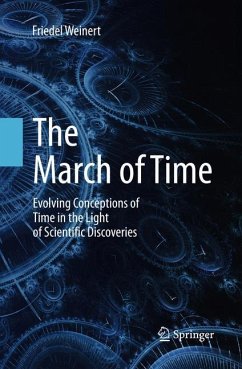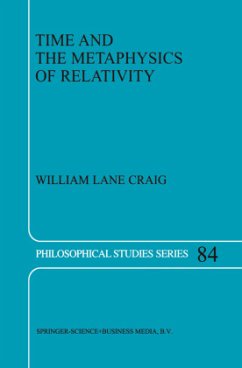
The Relativity of Theory
Key Positions and Arguments in the Contemporary Scientific Realism/Antirealism Debate
Versandkostenfrei!
Versandfertig in 6-10 Tagen
67,99 €
inkl. MwSt.
Weitere Ausgaben:

PAYBACK Punkte
34 °P sammeln!
This book offers a close and rigorous examination of the arguments for and against scientific realism and introduces key positions in the scientific realism/antirealism debate, which is one of the central debates in contemporary philosophy of science. On the one hand, scientific realists argue that we have good reasons to believe that our best scientific theories are approximately true because, if they were not even approximately true, they would not be able to explain and predict natural phenomena with such impressive accuracy. On the other hand, antirealists argue that the success of science...
This book offers a close and rigorous examination of the arguments for and against scientific realism and introduces key positions in the scientific realism/antirealism debate, which is one of the central debates in contemporary philosophy of science. On the one hand, scientific realists argue that we have good reasons to believe that our best scientific theories are approximately true because, if they were not even approximately true, they would not be able to explain and predict natural phenomena with such impressive accuracy. On the other hand, antirealists argue that the success of science does not warrant belief in the approximate truth of our best scientific theories. This is because the history of science is a graveyard of theories that were once successful but were later discarded. The author eventually settles on a middle-ground position between scientific realism and antirealism called "relative realism".





